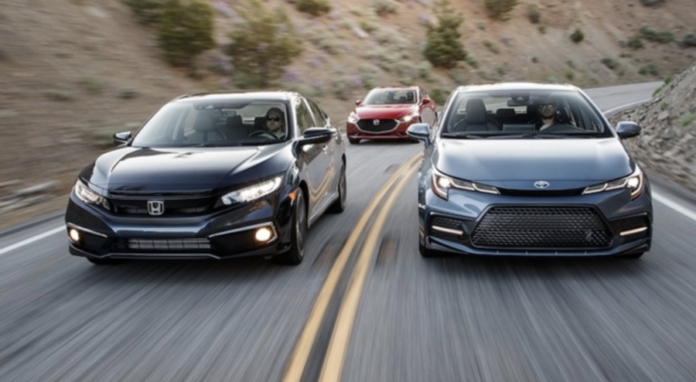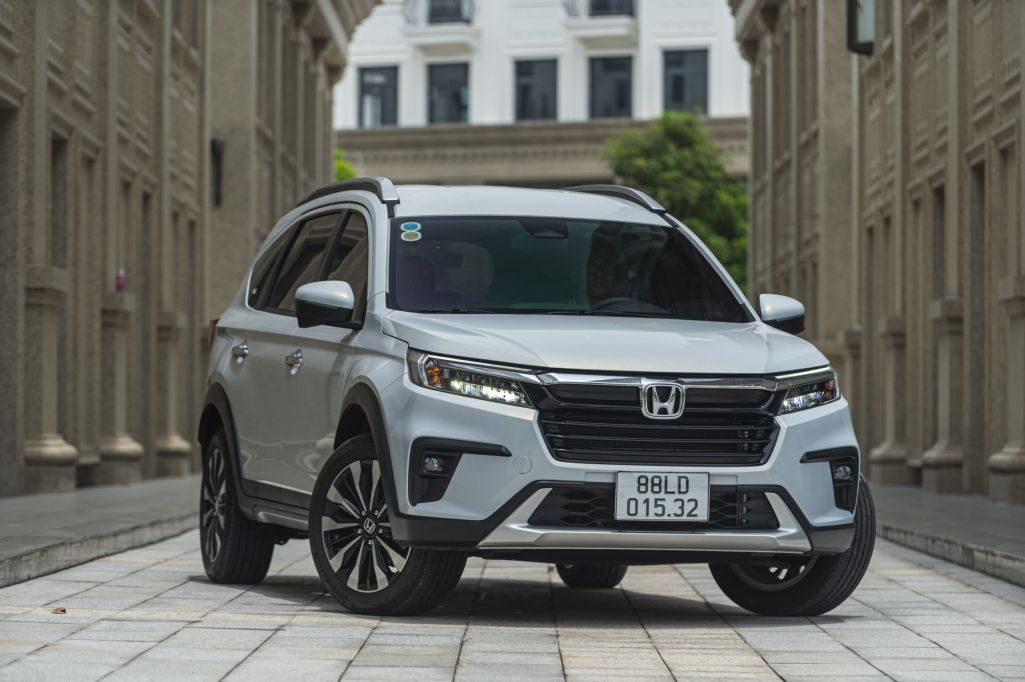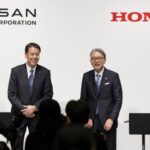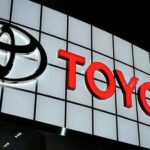## Why Used Honda and Toyota Cars Command a Premium
In the pre-owned car market, Honda and Toyota models are consistently sought-after due to their reliability and affordable pricing. Recently, CNBC explored the reasons behind these brands’ ability to maintain higher prices for their vehicles compared to other used car offerings.
Toyota has topped Kelley Blue Book’s Best Resale Value list an impressive eight times since 2014, including the last four consecutive years. Lexus, their luxury brand, claimed this title in the premium segment five times and has been leading the J.D. Power awards list from 2022 to 2024.
Honda, too, is a brand that consistently delivers top resale value in the used car market.
According to CNBC, pricing strategies, stringent manufacturing processes, and a reputation for quality and durability are key factors in Toyota and Honda’s success.
Tyson Jominy, Vice President of Data and Analytics at JD Power, explains, “The market tends to have a much greater demand than Toyota’s initial supply, which helps maintain strong resale values, keeps consumers happy, and this cycle continues.”
Both brands also rarely resort to boosting sales through extensive discounting and promotions. When discounts become pervasive, it can have detrimental effects, especially on vehicle values and customer trust.
From production and sales planning to the manufacturing stage, the two automakers work closely to ensure an adequate vehicle supply at their dealerships without overstocking. As a result, their cars fetch higher resale prices as demand for new models also drives up used car values.
Unlike American brands such as Ford, Chevrolet, and Chrysler, Toyota and Honda do not heavily focus on fleet sales. Fleet sales often involve significant discounts, reducing profit margins compared to retail sales. Additionally, fleet vehicles tend to have fewer features, negatively impacting their value in the used car market.
Toyota and Honda don’t produce vehicles they aren’t confident they can sell. Both automakers are renowned for their strategic production approach, which is based on actual market demand. They employ the Just-In-Time (JIT) manufacturing system, enabling them to produce only the number of vehicles required, thus avoiding excess inventory.
Before launching a new model, Toyota and Honda conduct thorough market research to align production plans with consumer demand. Toyota, for instance, develops new models based on customer feedback and market trends, as evident in their consistent improvements to the Corolla and Camry lines. Honda also undertakes meticulous market surveys before production, tailoring models like the CR-V and Civic to specific regional markets. Moreover, both brands are willing to discontinue models that consistently underperform in sales.
Another critical factor contributing to the strong resale value of Toyota and Honda vehicles is customer loyalty. In the 2024 J.D. Power rankings, Toyota topped the mass market brand category for customer loyalty with a 62.5% retention rate, while Honda followed closely at 58.8%. Lexus led the premium SUV segment, and Honda ranked first in the mass market SUV category.
Thai Son (Tuoitrethudo)






























.jpg)

















